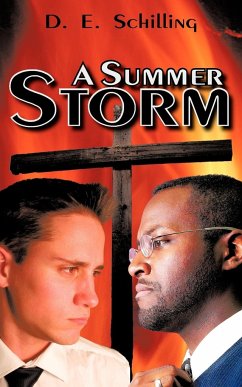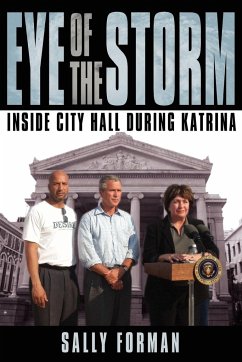In 1964, most of the major cities in the South are experiencing civil unrest, but the rural county where John Campbell lives remains peaceful. He wants it to remain that way. If he doesn't, he will be drawn into the center of the turmoil, for he is the chief deputy sheriff and a member of the Ku Klux Klan. Campbell becomes uneasy when a Negro lawyer named George Brownell arrives in late December. He opens up an office a few blocks from the sheriff's department, and the sign in his window tells everyone that his office will serve as the local chapter of the NAACP. A rock is thrown through that window the next day. Brownell will not be intimidated. He organizes a voter registration drive and stages sit-ins at the local restaurant. Campbell views the demonstrations with mixed emotions. He knows that blacks have been treated unfairly, but he still believes in segregation. The leader of the local Klan orders a cross burning on Brownell's property, and Campbell agrees to take part. The events of that night lead him to a turning point in his life. One man wants to burn more than just the cross, and Campbell is forced to take a stand against any further violence. A few days later, a young black girl is kidnapped, raped and murdered. Is the Klan behind the killing, or is it the work of a lone rapist? Campbell must answer that question if he hopes to solve the crime. He has spent his life avoiding blacks, but the investigation forces him to deal with them on a personal level. The friendship he forms with the victim's father makes him ashamed of his past and fills him with a determination to see that this time justice is done.
Bitte wählen Sie Ihr Anliegen aus.
Rechnungen
Retourenschein anfordern
Bestellstatus
Storno








